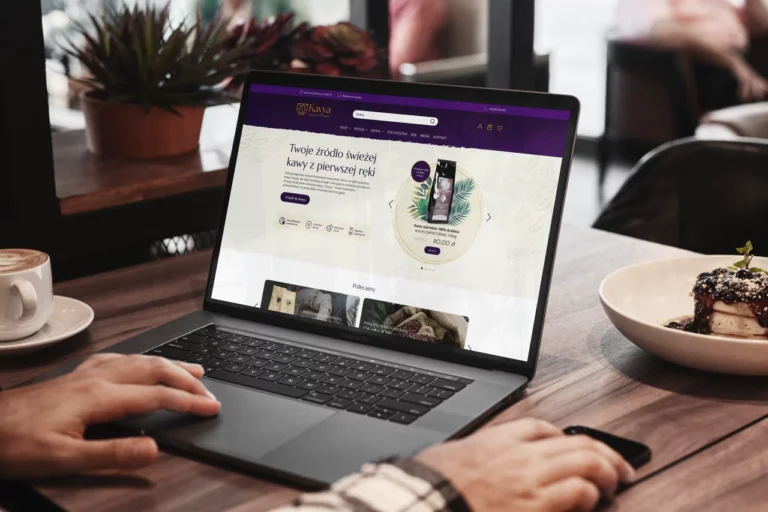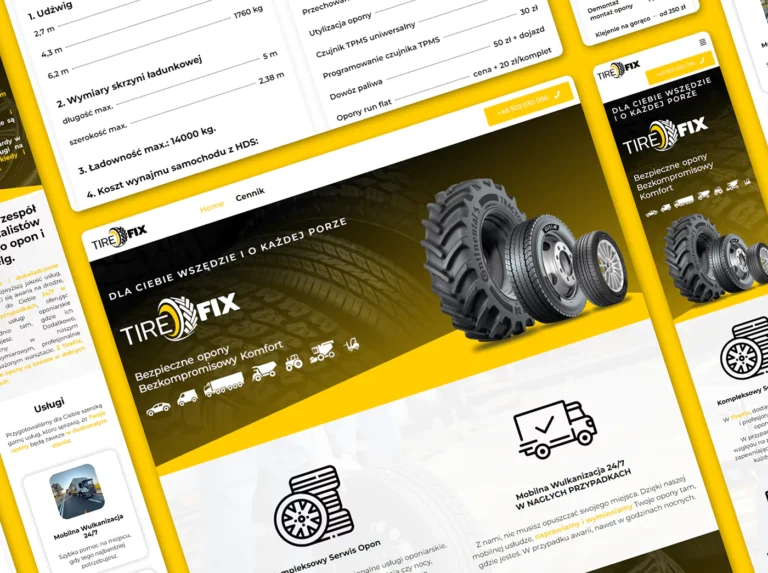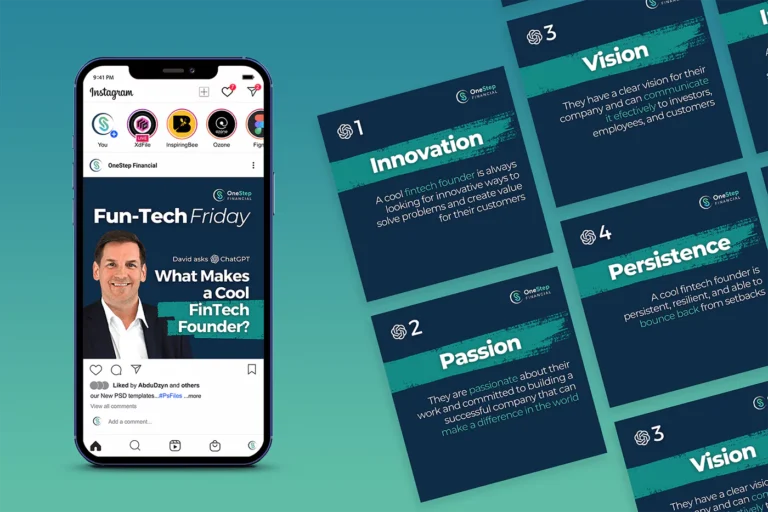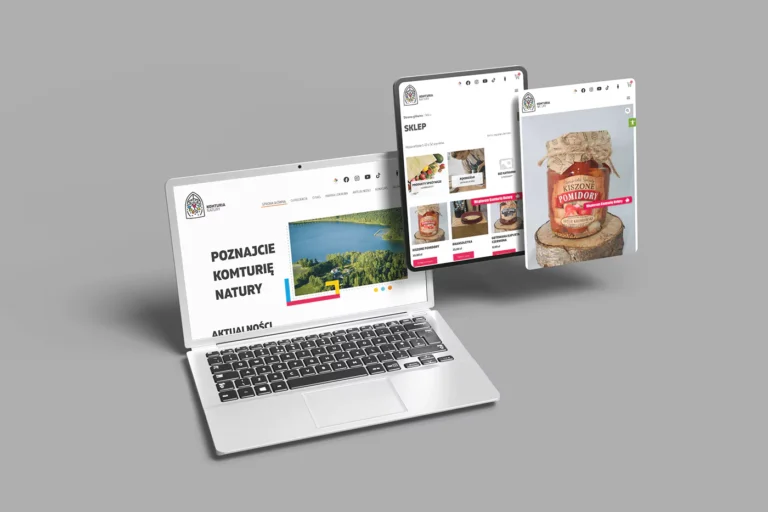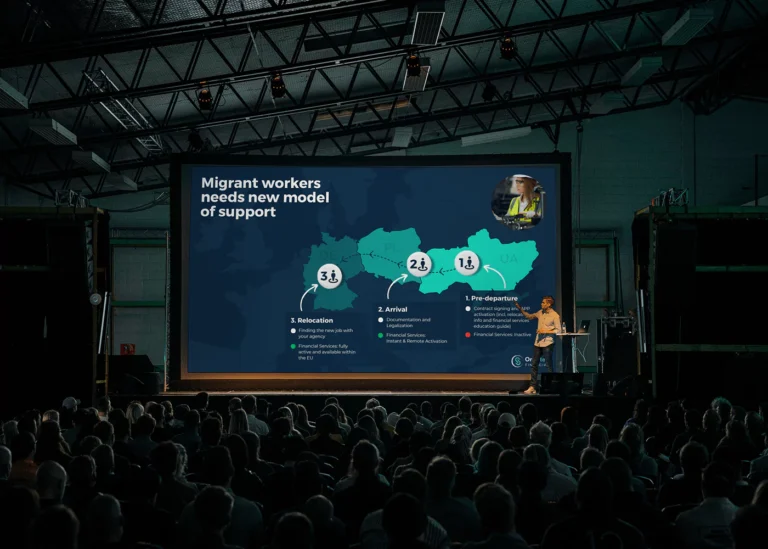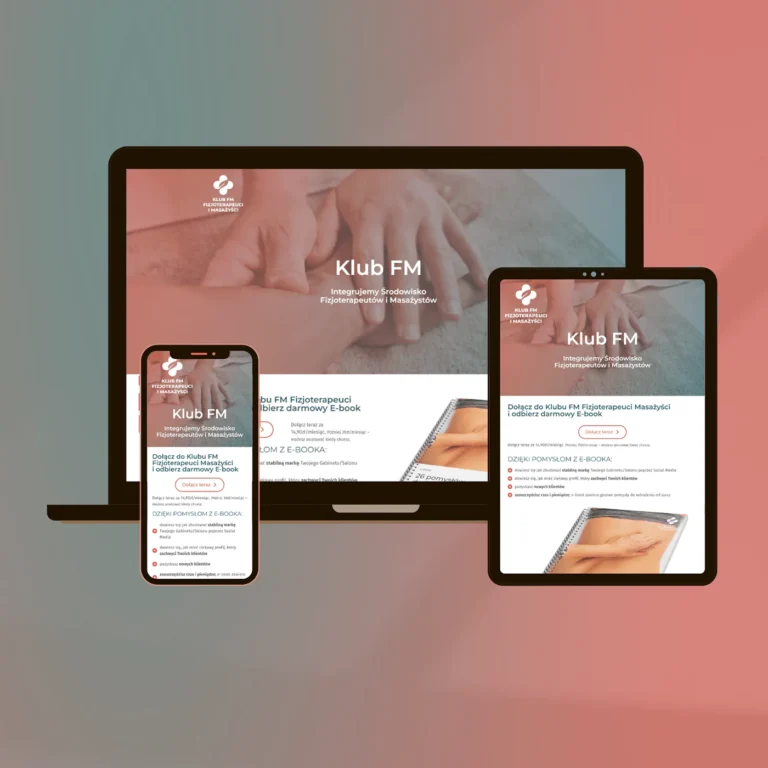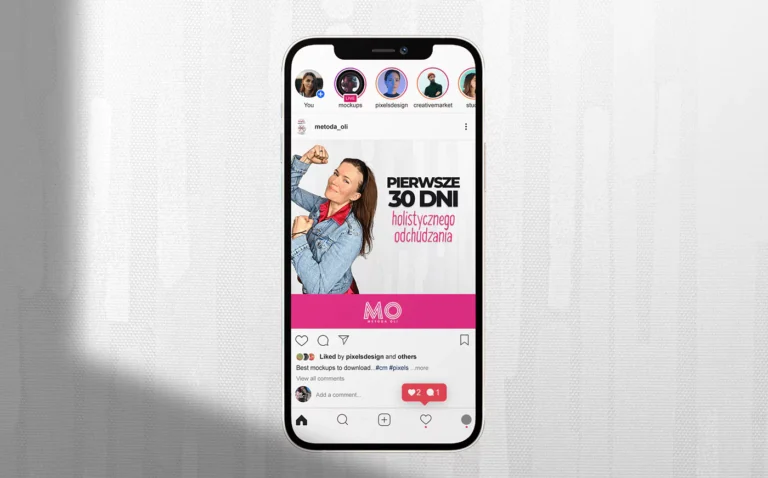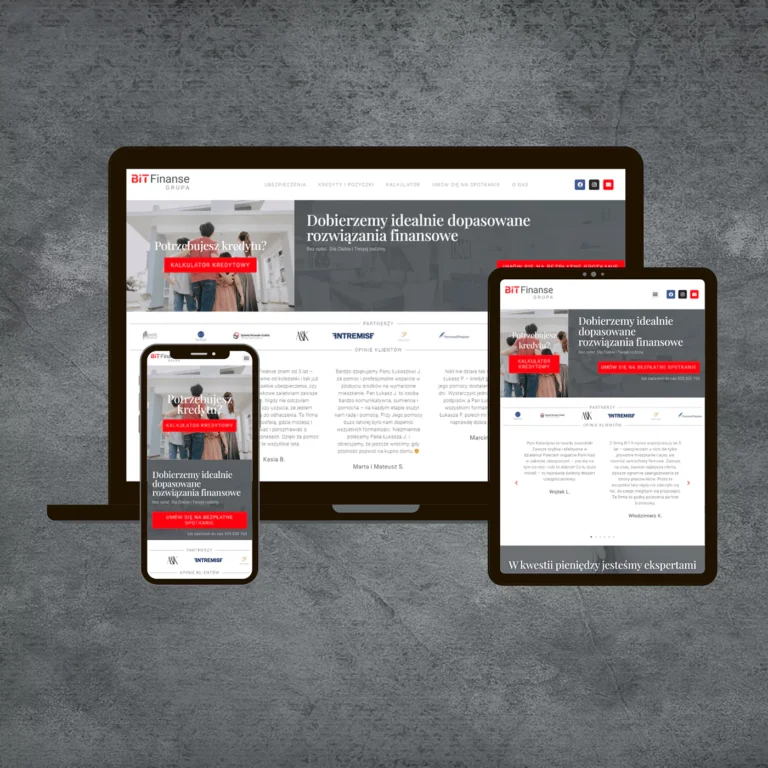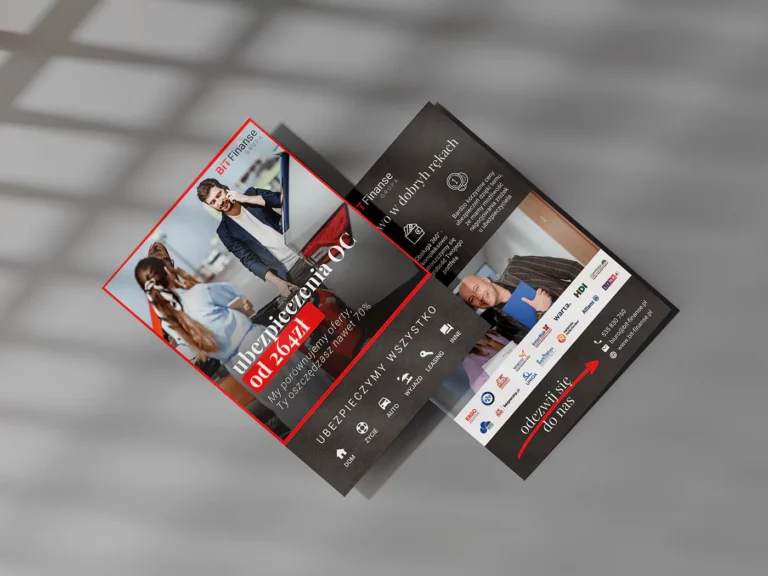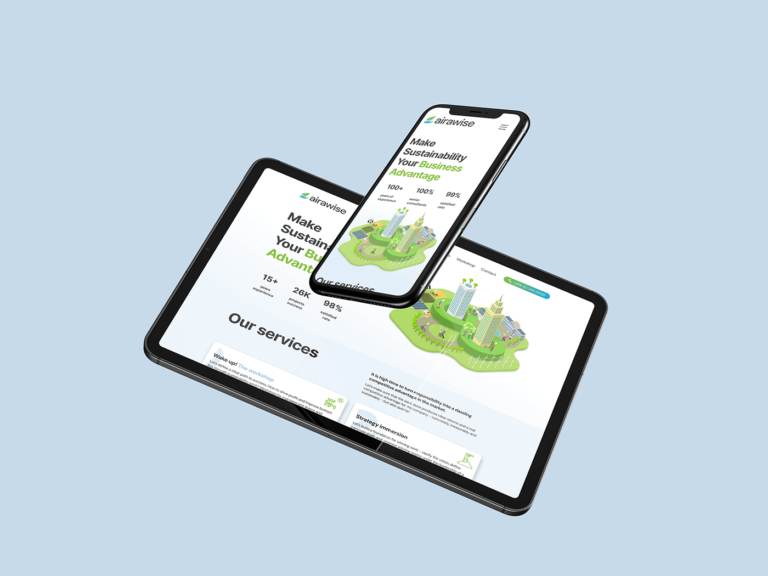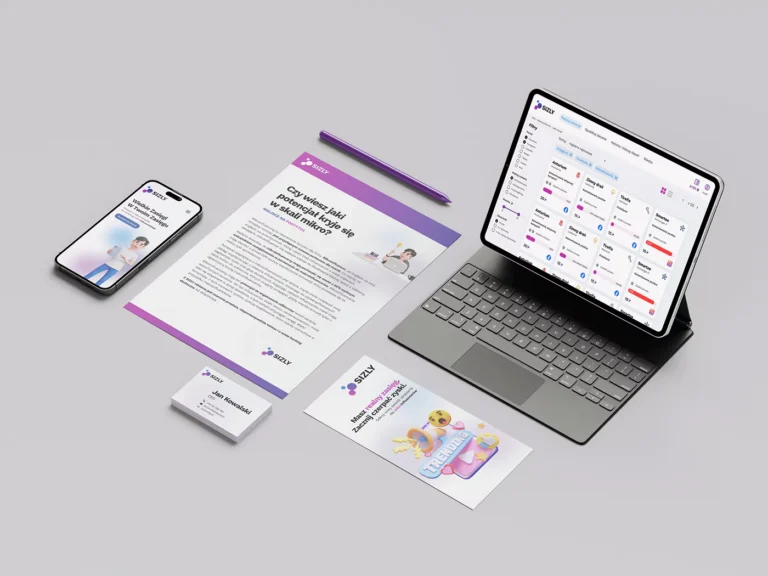Websites and Their Role in Promoting a Business or Event
Websites are digital platforms accessible on the internet that consist of texts, images, videos, and other multimedia, creating an interactive source of information. They can be used for various purposes, such as education, entertainment, sales, or communication.
The Role of Websites in Promoting a Business or Event
In the context of promoting a business or event, websites play a crucial role. They enable:
1. Increased Visibility: A website allows you to reach a broad audience worldwide.
2. Building Credibility: A professionally designed website builds trust and prestige for the business or event.
3. Informing and Educating: A website is an excellent place to present offers, event details, schedules, or industry articles.
4. Engaging and Interacting: Through blogs, contact forms, newsletters, and social media, you can effectively engage with your audience.
5. Boosting Sales: E-commerce enables the sale of products or event tickets directly from the website.
With a well-optimized website, a business or event can significantly increase its online presence, attract new customers and participants, and build lasting relationships with the audience.
Best Practices for Website Design
To make a website effective and attractive, it’s essential to follow a few key principles:
1. Responsiveness: The website should be accessible and functional on various devices – computers, tablets, smartphones. Responsive design ensures content is readable and easily accessible on any screen.
2. Intuitive Navigation: Users should easily find the information they need. The structure of the site should be clear, with logically organized menus and links.
3. Loading Speed: Optimizing images, minimizing code, and using CDN can help reduce the loading time, which is crucial for retaining users and improving SEO.
4. Aesthetics and Readability: Ensure an attractive design without overloading. Colors, fonts, and layout should support readability and not strain the eyes.
5. Quality Content: Published content should be valuable, engaging, and up-to-date. Regular updates help attract and retain users.
6. SEO Optimization: The website should be optimized for search engines, which includes using appropriate keywords, meta tags, and friendly URLs.
7. Security: Ensuring the security of user data through the use of SSL certificates and regular software updates is essential.
Implementing a Website
The process of implementing a website involves several key stages:
1. Domain Selection and Registration: The domain should be easy to remember, related to the brand, and available for registration.
2. Hosting: Choosing the right hosting provider that ensures stability, speed, and security of the site.
3. Content Management System (CMS): Popular platforms like WordPress, Joomla, or Drupal allow easy content management without advanced coding knowledge.
4. Design and Coding: Creating a graphic design of the website and converting it into a functional site using HTML, CSS, JavaScript, and other web technologies.
5. Testing: Conducting thorough tests of functionality, browser compatibility, responsiveness, and security.
6. Launch: After successful testing, the website is published online and made accessible to users.
7. Maintenance and Updates: Regular content updates, performance monitoring, and ensuring site security.
Example Options and Functionalities of a Website
1. Blog: A section for regular publication of articles that can engage users and improve SEO.
2. E-commerce: An online store allowing the sale of products or services directly from the website.
3. Gallery: A section with images and videos showcasing products, projects, or events.
4. Contact Form: A simple way to collect messages from users directly from the site.
5. Social Media Integration: Connecting the website with social media profiles to increase reach and engagement.
6. Newsletter: The ability to subscribe to updates and offers, helping to maintain contact with customers.
7. FAQ Section: A place for frequently asked questions and answers, helping users quickly find necessary information.
By implementing these best practices and functionalities, a website can become a powerful promotional tool, attracting new customers and strengthening the market position of a business or event.



